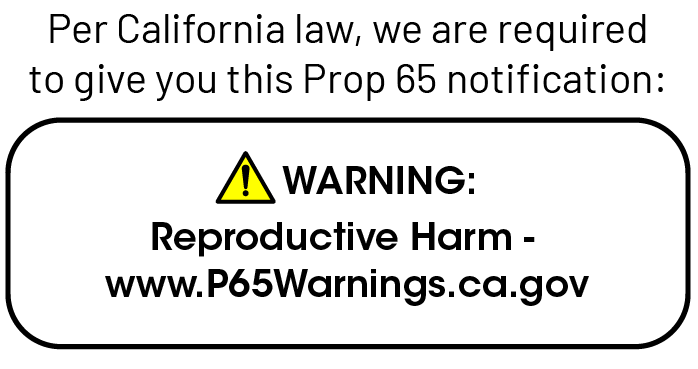How Much Sunscreen Should You Use?
Posted by Skin Actives Scientific on May 9th 2024
As we adapt to the changing seasons, so too does our skincare routine. At Skin Actives, we are all about skin health. Our skin is the largest organ in our body and serves a pretty valuable purpose: to protect us from outside forces. That being said, we need to repay that important job by protecting it as much as possible. And if we do so, our skin will continue to protect us for years to come.
Summertime is almost upon us, and with that comes longer days and even brighter skies. If you thought winter was rough on your skin, then get ready for the summer! Whether in dry desert climates, or humid coastal locations, this time of year requires more attention to skin protection in order to avoid skin nightmares such as sunburns, dryness, and irritation caused by general environmental effects and heat. Add UV radiation from daily sunlight to those and you have a solid reason to think deeper about your skin barrier and how you can protect it.
How Much Sunscreen Should You Use, and How Often Should You Apply It?
Sun Protection Factor (SPF) indicates a sunscreen's ability to block UVB rays, the primary culprit behind sunburns. Higher SPF numbers offer greater protection. Here's a general guideline:
- SPF 30: Ideal for daily use and moderate sun exposure.
- SPF 50+: Recommended for extended outdoor activities, fair skin, or those sensitive to sunlight.
According to the American Academy of Dermatology, most adults need about 1 ounce of sunscreen (picture this: about enough to fill a shot glass) in order to fully cover your body. Too often, people forget areas like the neck, ears, tops of heads (hint: wearing a hat helps with this) your lips, and the tops of your feet; so be mindful of those pesky places where sunburn can happen easily. Don't forget to apply it to the tops of your feet if they are exposed, your neck, your ears, and the top of your head.
For the best results, apply your sunscreen about 15-20 minutes prior to enjoying the great outdoors, and set a handy timer on your phone to reapply every two hours (and more often if you are playing in water!)
Here’s How You Can Prevent Sun Damage
We like to think that the more you can prevent now, the less you will have to take care of in the future. Sun damage is the leading cause of premature aging, so prioritizing preventative measures is crucial. The sun emits ultraviolet (UV) radiation, categorized as UVA and UVB rays. UVA rays penetrate deep into the skin, contributing to wrinkles, loss of elasticity, and hyperpigmentation. UVB rays are responsible for sunburns and play a role in skin cancer development.
At Skin Actives we believe in prioritizing your skin health, and that starts with building a strong sun protection routine.
Sunscreen: Your Daily Defense
Sunscreen acts as a shield, absorbing or reflecting UV rays before they reach the skin. This significantly reduces the risk of sunburn and photoaging (sun-induced damage). Our SPF 30 Advanced Protection Sunscreen offers UVA and UVB protection with the added benefits of essential vitamins and antioxidants making this a skin protectant and skin nourisher. Who doesn’t appreciate that?
Our team was mindful of formulating this product to be kind to all skin-types. This formula has a non-greasy, non-cakey feel making it easy to apply daily under makeup as well. If you don’t believe us, check out the real reviews on the product page.
We Care About Your Skin Health
Sun protection is a year-round practice, not just for summer! By incorporating a daily sunscreen into your routine, you can significantly reduce your risk of sun damage and maintain healthy, youthful-looking skin.
Skin Actives prioritizes your well-being, and that means making sure your skin is happy and healthy. It is important to wear sunscreen especially during the summer to protect yourself from the sun's harmful rays - but applying sunscreen should not stop there!
For most people, keeping a simple sunscreen will make it more likely to be included in the routine. Ours, someone else’s, or ANY sunscreen that provides substantial protection. We care more about your safety more than selling you products. Remember that sunscreens do not prevent damage completely, but they do extend the time of exposure before your skin gets damaged.

